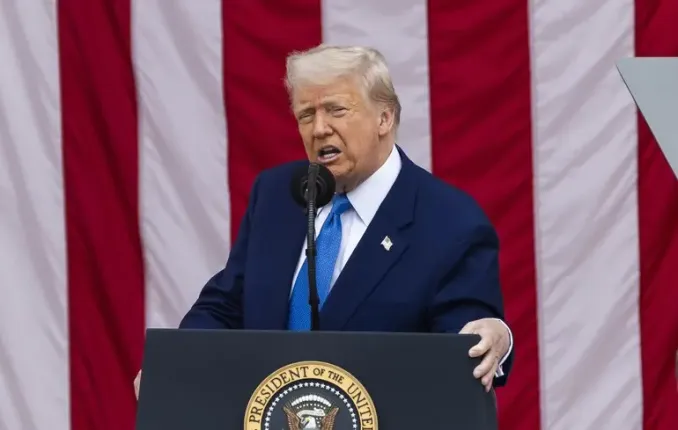U.S. Supreme Court Makes Landmark Ruling That Signifies a New Era in the Power Struggle and Legal Balance Within the Country

A significant and promising decision by the U.S. Supreme Court has the potential to reshape the country's political and legal landscape for years to come. On June 27, the court issued a ruling that facilitates President Donald Trump's administration in advancing key initiatives by limiting judicial obstacles and strengthening executive authority. The court, composed of six conservative justices, ruled to restrict federal judges' ability to block enforcement of governmental policies, which previously included nationwide injunctions against executive orders. This decision represents a shift towards empowering the executive branch but also sparks broad societal and legal debates about the separation of powers and the future distribution of authority in the United States. The ruling was issued following the Trump administration's appeal to the Supreme Court to narrow the scope of nationwide injunctions imposed by three federal judges, which had halted enforcement of his January immigration restrictions. The new precedent establishes that such limitations are only applicable to specific individuals or groups directly involved in a case, leaving the door open for future wide-ranging injunctions. The decision was authored by Justice Amy Coney Barrett, one of the three conservative justices appointed by Trump during his first term. Many legal experts and analysts view this ruling as systematically weakening judicial oversight and amplifying executive power—an evolution with potentially profound implications for American democracy. Since returning to the White House in January, Trump has achieved several court victories, including facilitating mass deportations and ending temporary legal statuses for hundreds of thousands of immigrants. Opponents, including New York Attorney General Letitia James, label the decision as a 'deep disappointment' for millions of families facing legal uncertainty. The ruling raises concerns when a nation's leader begins openly challenging the judicial system and laws, risking the core foundations of American democracy—its Constitution. What further political steps might Trump undertake to accelerate authoritarian shifts in the country? An analysis by scholar Anna Brodskaya-Krotkina examines how his stances on migration, deportation, and confrontation with 'leftist judges' could lay the groundwork for significant political transformations in the U.S.

